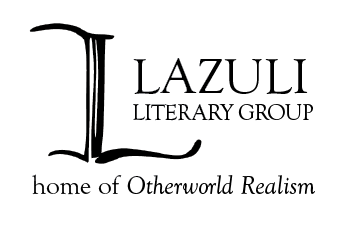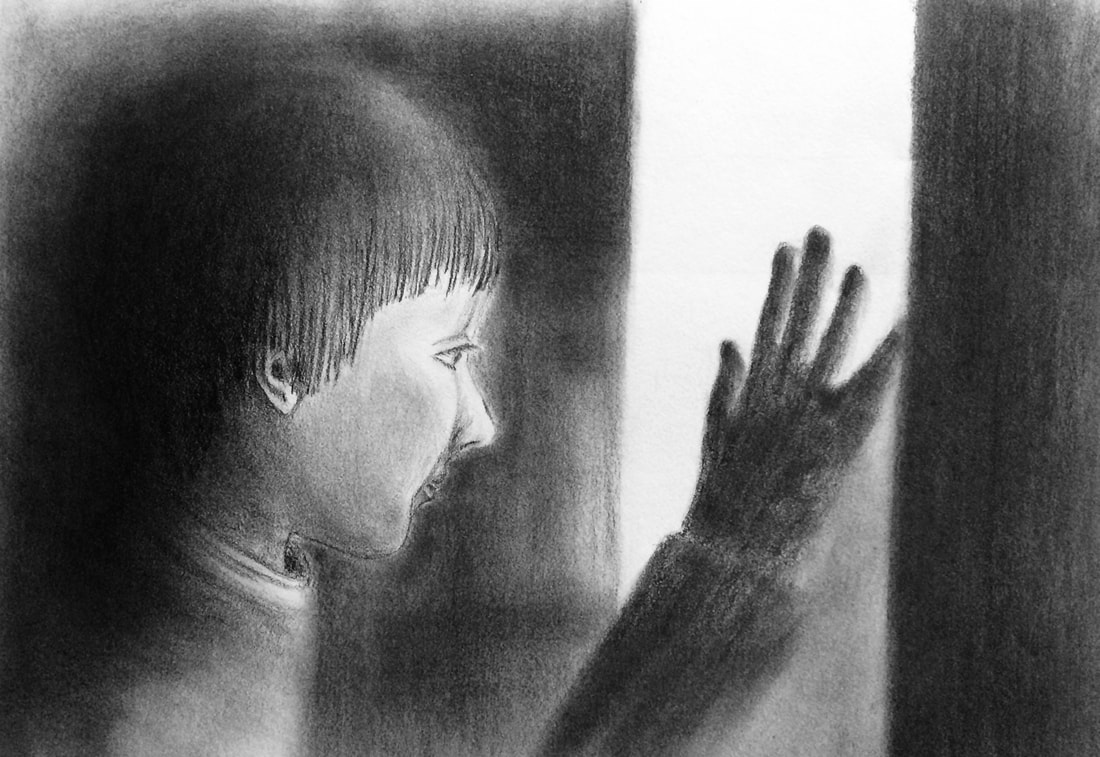Superman sheets hang in the genocide memorial
identical to the ones I had in middle school, hid
from my first girlfriend as we trafficked kisses,
afraid she might discover I was still a boy.
So my thirteen year-old self confronts this superhero,
his rippled body rising, always rising towards
something I could never see, arms outstretched
in endless flight, or was it a kind of surrender?
Eye-level with the youth I outgrew,
my fingertips pressed against the glass, warm
as a father’s yawning throat, its unconscious grace,
I imagine someone taking my covers and smuggling
them to this hill in East Africa, as the air in my chest
thins, and all my adolescence abruptly erased.
What was I so busied with that incessant April?
How many souls perished each time I blinked?
I sift the murmurs for the voice of the boy
trapped inside the monument that now ensnares me.
I picture someone inside of my ribcage, knitting a scroll
of names. I am fifty-three feet from the Exit,
a small doorway with a low arch that opens
into a lush pasture where 258,000 people
and me, as a seventh grader, stretch endlessly
into dust. The sunrays that spill through the fissure
in this room bear light that darkens the shadows
already being cast. The contrast so stark that parts
of the room suddenly disappear
and, for a moment, everything—my childhood
sheets, the strangers’ huddled weeping,
photographs of families stacked floor to ceiling,
my restless hands, babies’ shoes, an identity
card smeared with blood—is gone.
identical to the ones I had in middle school, hid
from my first girlfriend as we trafficked kisses,
afraid she might discover I was still a boy.
So my thirteen year-old self confronts this superhero,
his rippled body rising, always rising towards
something I could never see, arms outstretched
in endless flight, or was it a kind of surrender?
Eye-level with the youth I outgrew,
my fingertips pressed against the glass, warm
as a father’s yawning throat, its unconscious grace,
I imagine someone taking my covers and smuggling
them to this hill in East Africa, as the air in my chest
thins, and all my adolescence abruptly erased.
What was I so busied with that incessant April?
How many souls perished each time I blinked?
I sift the murmurs for the voice of the boy
trapped inside the monument that now ensnares me.
I picture someone inside of my ribcage, knitting a scroll
of names. I am fifty-three feet from the Exit,
a small doorway with a low arch that opens
into a lush pasture where 258,000 people
and me, as a seventh grader, stretch endlessly
into dust. The sunrays that spill through the fissure
in this room bear light that darkens the shadows
already being cast. The contrast so stark that parts
of the room suddenly disappear
and, for a moment, everything—my childhood
sheets, the strangers’ huddled weeping,
photographs of families stacked floor to ceiling,
my restless hands, babies’ shoes, an identity
card smeared with blood—is gone.
Carlos Andrés Gómez is a graduate of the MFA Program for Writers at Warren Wilson College. Winner of the 2015 Lucille Clifton Poetry Prize and a two-time Pushcart Prize nominee, his work has appeared in the North American Review, Beloit Poetry Journal, The Rumpus, Painted Bride Quarterly, Rattle, CHORUS: A Literary Mixtape (MTV Books, 2012), and elsewhere. For more, please visit www.CarlosLive.com

